Find Help
More Items From Ergsy search
-
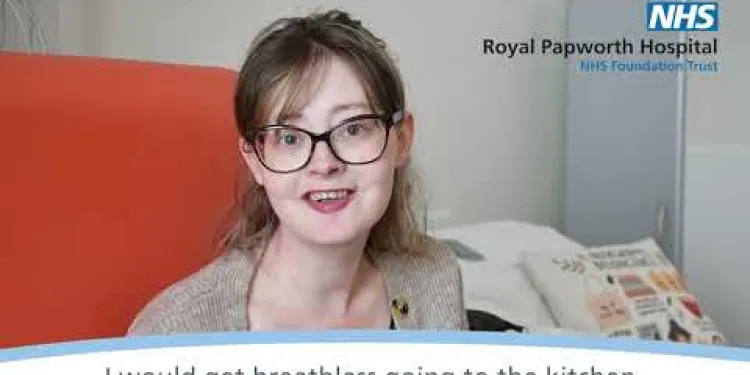
Heart-lung transplant patient shares her story
Relevance: 100%
-
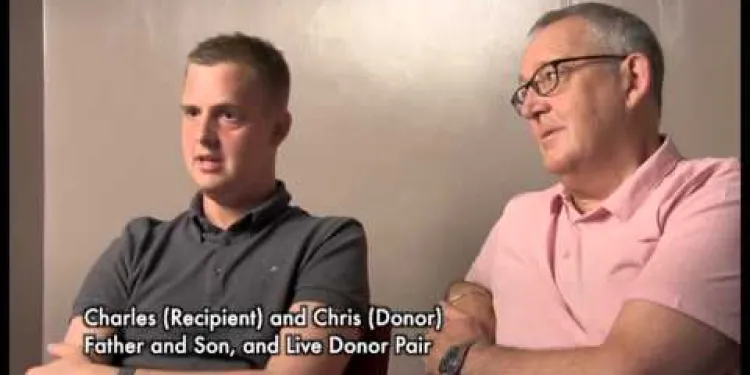
Patient Stories - Having a kidney transplant
Relevance: 68%
-
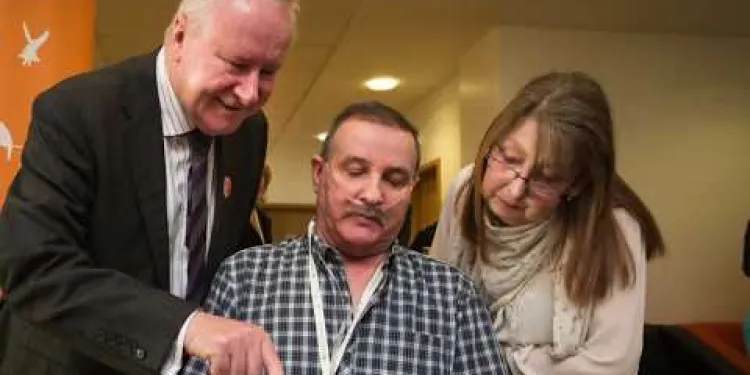
Bernard's Story - Lung Transplant
Relevance: 65%
-
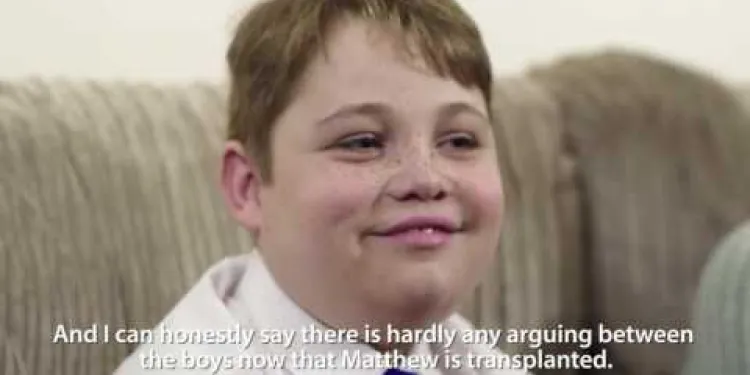
Matthew's Story: Kidney Transplant - Part 1
Relevance: 60%
-
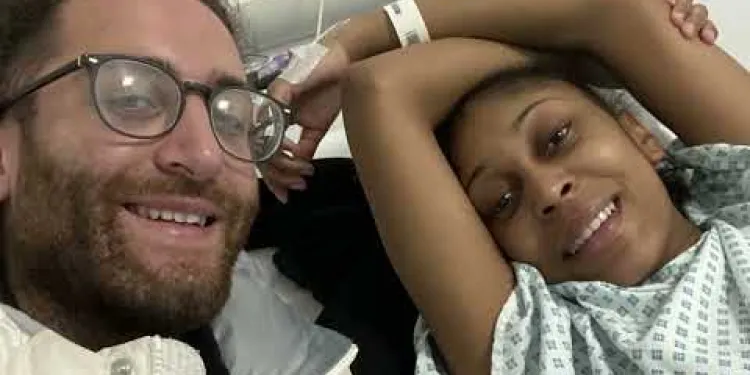
Kidney transplant waiting stories – DJ Ace and Lauren | NHS Organ Donation
Relevance: 54%
-
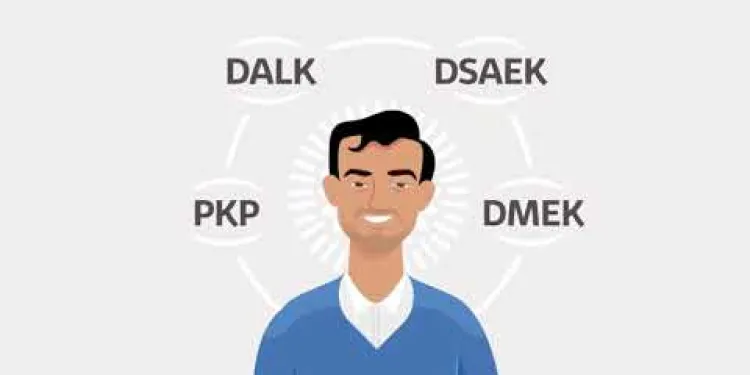
Cornea transplant patient Information
Relevance: 50%
-
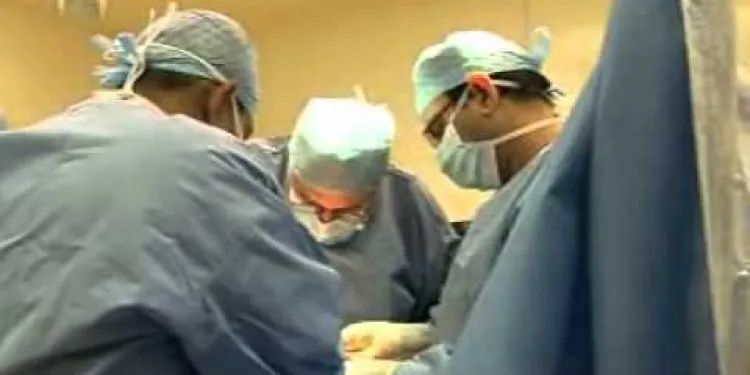
Liver transplant - Patient experience - Part 2 (Lynne)
Relevance: 50%
-
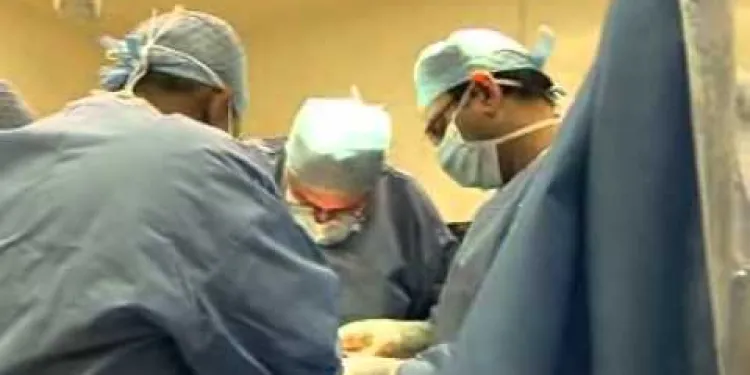
Liver transplant - Patient experience - Part 1 (Colin)
Relevance: 48%
-
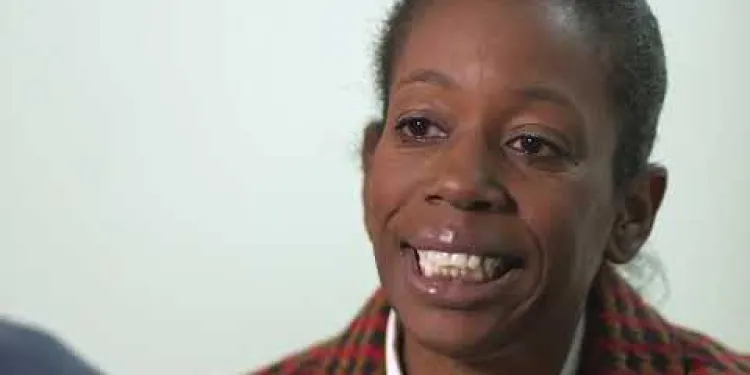
Having a kidney transplant
Relevance: 41%
-
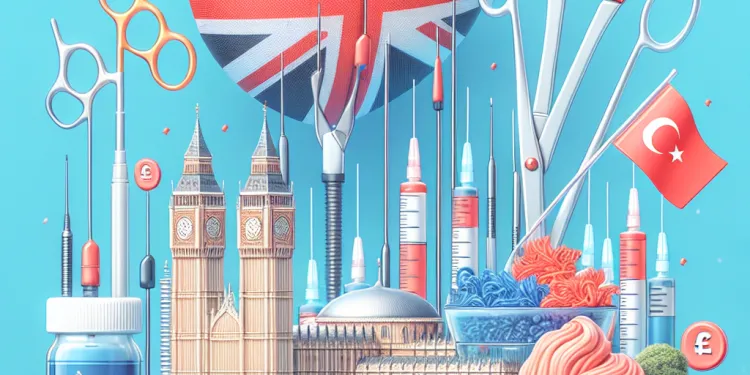
Are hair transplants in Turkey safe?
Relevance: 39%
-

Hair Transplants in Turkey
Relevance: 39%
-
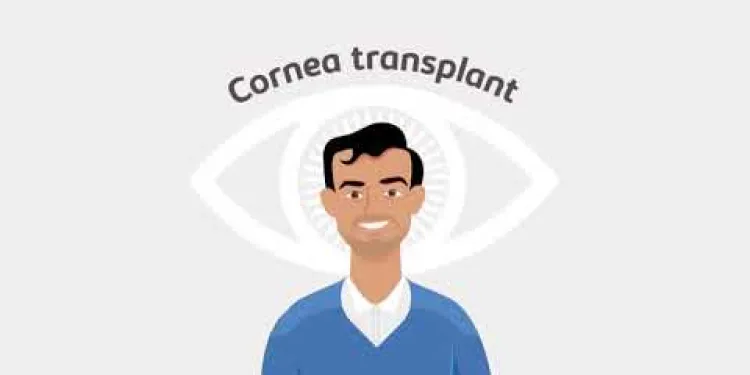
Cornea transplant - Your journey
Relevance: 37%
-
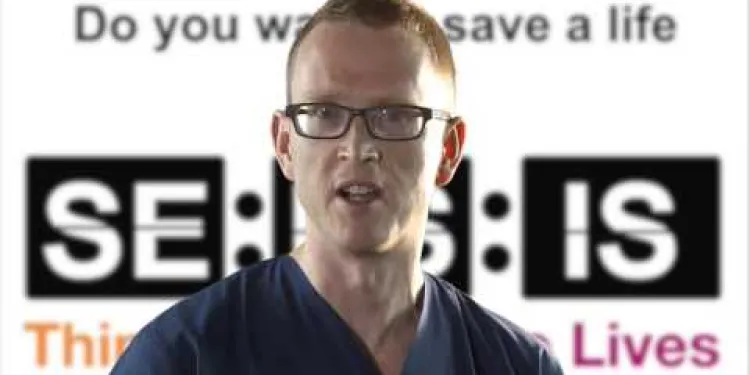
Sepsis - a patient story
Relevance: 36%
-

What is the cost of a hair transplant in Turkey?
Relevance: 35%
-
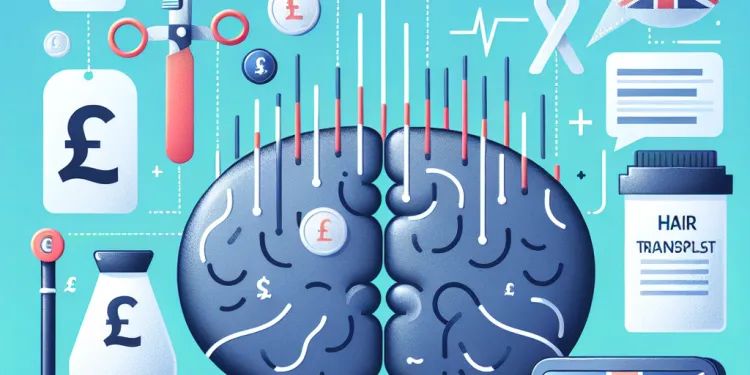
What are the risks associated with hair transplants in Turkey?
Relevance: 35%
-
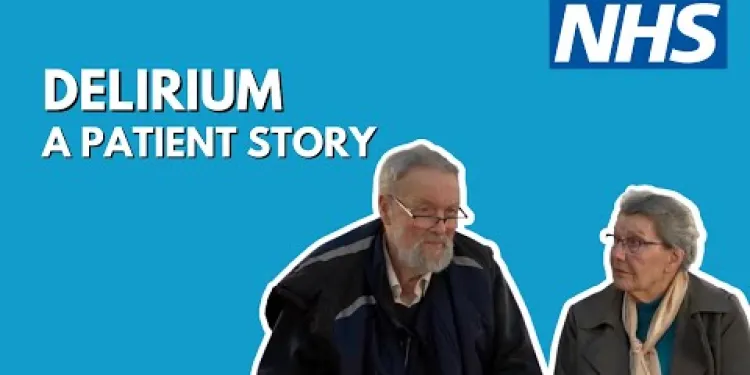
Delirium: A Patient Story at Leicester's Hospitals
Relevance: 35%
-

What techniques are used for hair transplants in Turkey?
Relevance: 34%
-

Is language a barrier for a hair transplant in Turkey?
Relevance: 33%
-
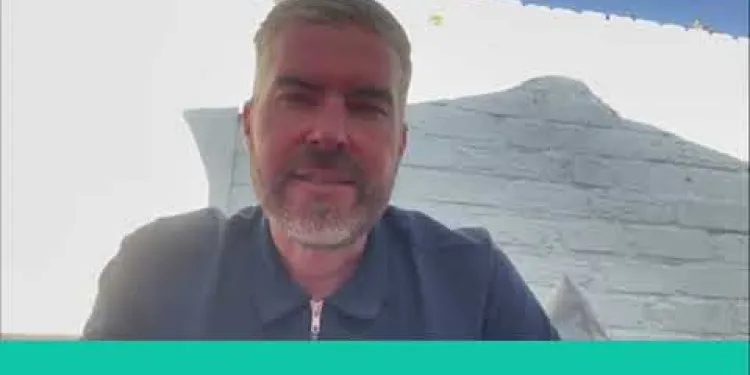
Danny's Story
Relevance: 33%
-

Will I need a follow-up visit after my hair transplant in Turkey?
Relevance: 32%
-
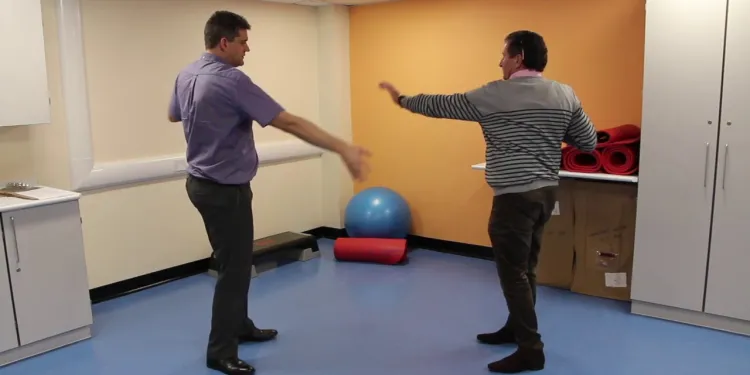
Sean's Story - There is another way. Information for prescribers
Relevance: 32%
-

How should I prepare for a hair transplant in Turkey?
Relevance: 31%
-

How long should I stay in Turkey for my hair transplant?
Relevance: 31%
-

Dr Philippa Kaye's story
Relevance: 28%
-
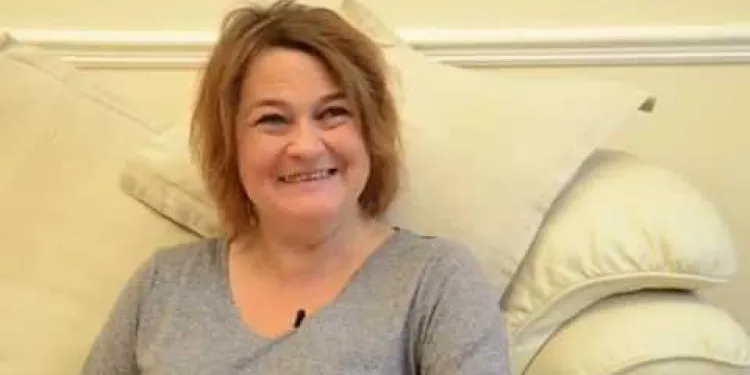
Home Haemodialysis - Donna's story
Relevance: 27%
-
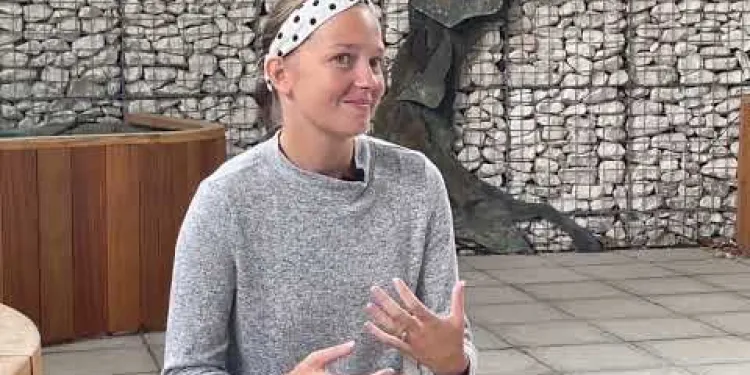
Emma's story: My brain tumour story
Relevance: 26%
-
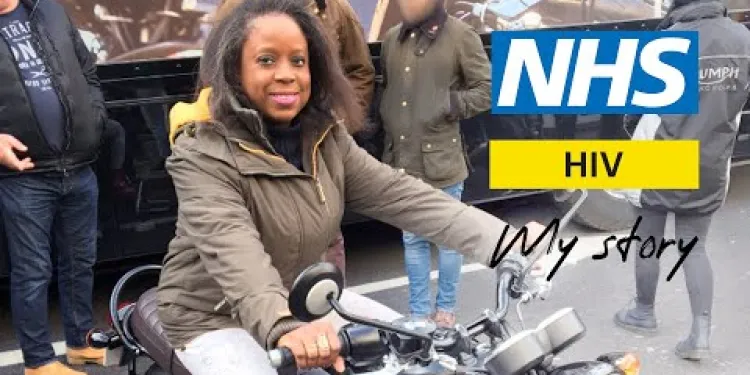
HIV - My Story - Florence | NHS
Relevance: 26%
-
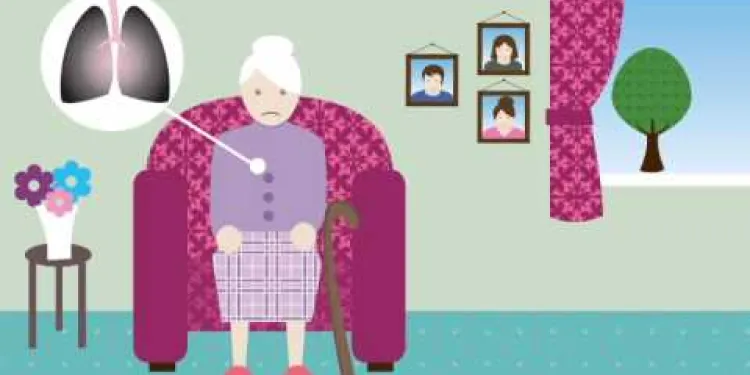
Dorothy's Story (Falls/Chest Infection)
Relevance: 25%
-
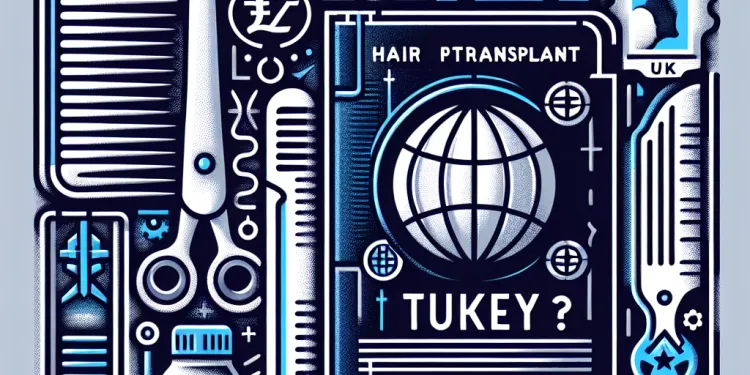
Do I need a visa for a hair transplant in Turkey?
Relevance: 24%
-
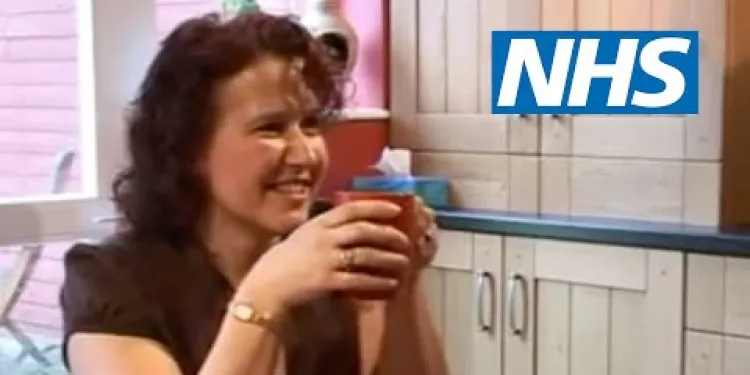
Parkinson's disease: Karen's story | NHS
Relevance: 24%
-
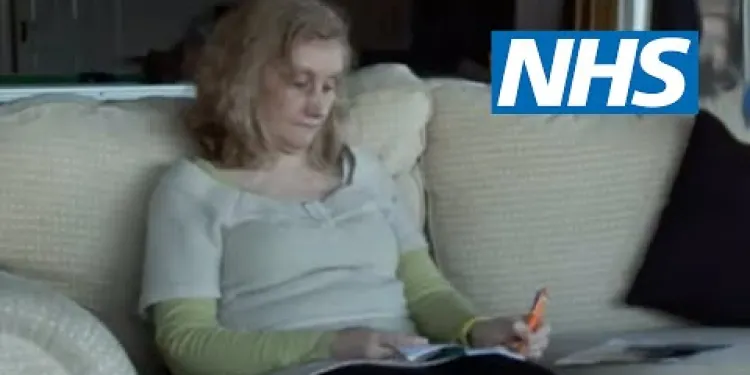
Fibromyalgia: Suzanne's story | NHS
Relevance: 24%
-
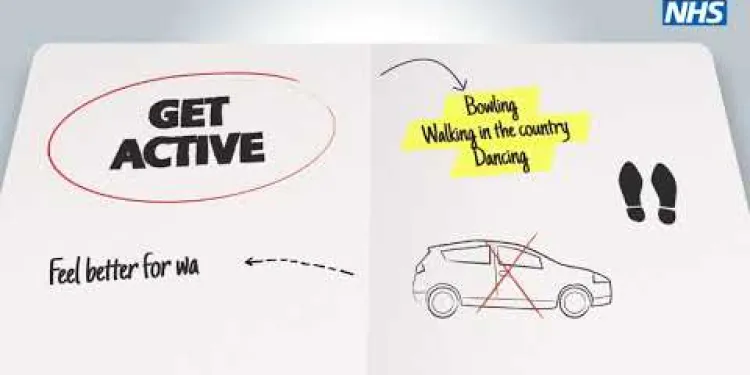
Pam’s story - The NHS Diabetes Prevention Programme
Relevance: 23%
-
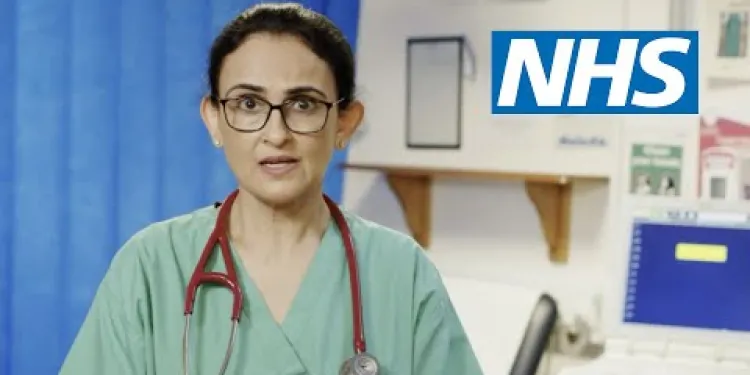
Heart Attack Stories | NHS
Relevance: 23%
-

Mental Health: Laura's Story | NHS
Relevance: 22%
-
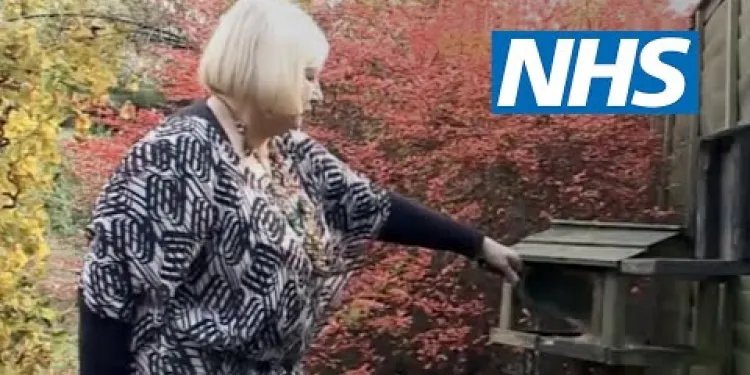
Osteoarthritis: Elaine's story | NHS
Relevance: 22%
-
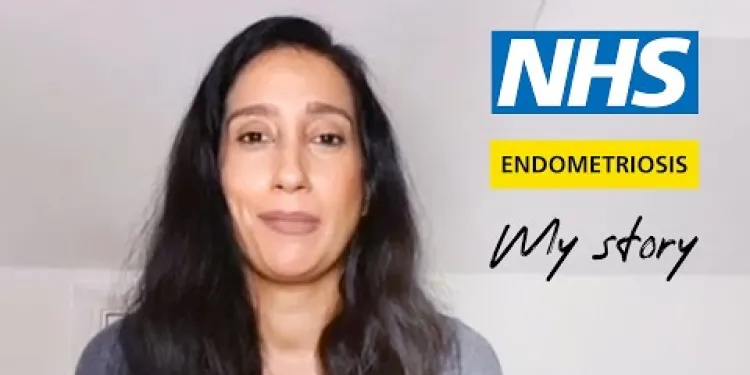
Endometriosis - My Story | NHS
Relevance: 22%
-
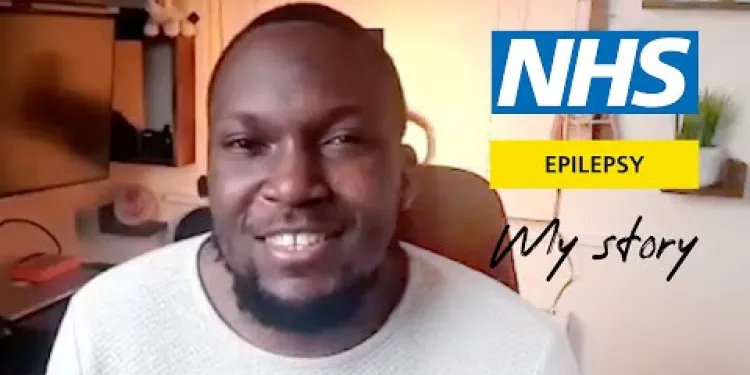
Epilepsy - My Story | NHS
Relevance: 22%
-
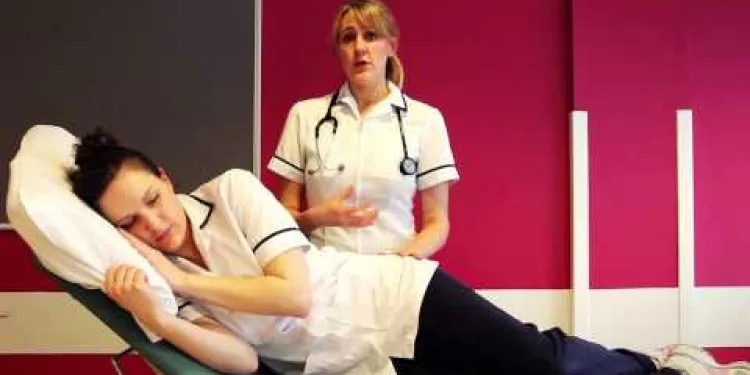
Positioning for Breathless Patient
Relevance: 22%
-
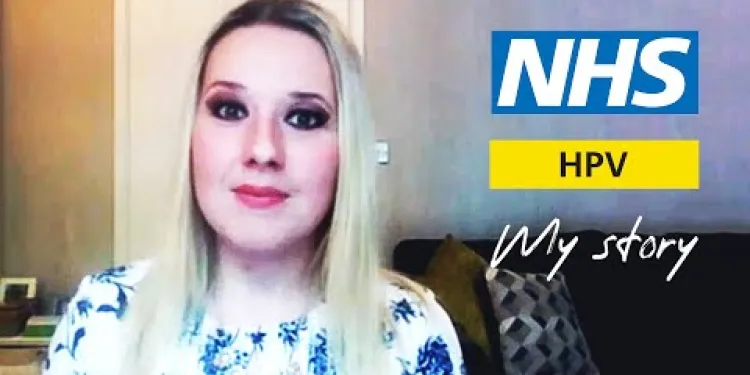
HPV - My Story | NHS
Relevance: 22%
-
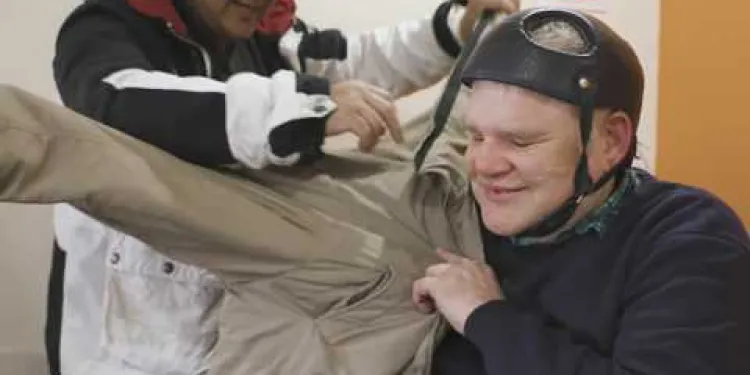
Transforming Care for people with Learning Disabilities and/ or Autism: Peter's Story
Relevance: 21%
Heart-lung Transplant Patient Shares Her Story
Introduction
In the realm of medical miracles, heart-lung transplants stand out as one of the most complex and life-changing procedures. Julia Thompson, a 45-year-old woman from Manchester, United Kingdom, narrates her personal experience with this remarkable surgery. Her journey sheds light on the intricate medical process and the tidal wave of emotions that accompany it.
The Diagnosis
Julia was diagnosed with severe pulmonary hypertension at the age of 40. This condition caused high blood pressure in the arteries of her lungs, making everyday tasks exhausting and perilous. Despite various treatments, her condition deteriorated rapidly, leaving a heart-lung transplant as the only viable option for survival.
The Transplant Process
The decision to undergo a heart-lung transplant was daunting but necessary. Julia describes the meticulous preparation, from extensive medical evaluations to the agonising wait for a suitable donor. The transplant surgery, performed at Papworth Hospital in Cambridgeshire, lasted over ten hours. The dedicated medical team worked tirelessly to ensure Julia’s new heart and lungs functioned in harmony.
Post-Surgery Recovery
Post-surgery recovery was intense and fraught with challenges. Julia spent several weeks in the hospital’s intensive care unit, monitored round-the-clock by specialists. Physical therapy and regular follow-ups became a staple of her new routine. The support from her family and friends, coupled with the expertise of her medical team, played a crucial role in her gradual recovery.
New Lease on Life
Today, Julia lives a life she once thought impossible. She enjoys outdoor activities, cherishes time with loved ones, and actively participates in local awareness campaigns about organ donation. Her story is a testament to the resilience of the human spirit and the incredible advancements in medical science.
Calling for Awareness
Julia passionately advocates for increased awareness around organ donation in the UK. She acknowledges that her second chance at life was only possible because of the generosity of a donor and their family. Julia encourages others to join the NHS Organ Donor Register, emphasising the profound impact one can have on saving lives.
Heart-lung Transplant Patient Shares Her Story
Introduction
Heart-lung transplants are very complicated. They can change a person's life. Julia Thompson is 45 years old and lives in Manchester, United Kingdom. Julia had this special surgery and she wants to tell her story. Her story helps us understand how the surgery works and how it feels.
The Diagnosis
When Julia was 40 years old, doctors told her she had a disease called severe pulmonary hypertension. This means her lungs had high blood pressure, making her very tired and it was hard to do simple things. She tried different treatments, but they didn't help. The only thing that could save her was a heart-lung transplant.
The Transplant Process
Choosing to have a heart-lung transplant was scary, but Julia had to do it. Before the surgery, she went through many tests and had to wait for a donor. The surgery happened at Papworth Hospital in Cambridgeshire and took more than ten hours. Doctors and nurses worked hard to make sure her new heart and lungs worked well together.
Post-Surgery Recovery
After the surgery, Julia stayed in the hospital a long time. It was not easy and she had many challenges. Nurses and doctors watched her closely. She did exercises to get stronger and had to visit the doctor a lot. Her family and friends supported her and helped her get better.
New Lease on Life
Now, Julia can do many things she couldn't do before. She goes outside, spends time with family and friends, and talks to people about organ donation. Her story shows how strong people can be and how amazing medicine can help.
Calling for Awareness
Julia wants people to know more about organ donation in the UK. She is thankful to the donor who gave her a second chance. She asks everyone to think about signing up to be a donor on the NHS Organ Donor Register. Being a donor can help save lives like hers.
Frequently Asked Questions
What led to you needing a heart-lung transplant?
I had a severe form of congenital heart disease and pulmonary hypertension that deteriorated over time, leaving transplant as the only viable option.
How long did you wait for a suitable donor?
I was on the transplant waiting list for about 18 months before a suitable donor was found.
What was the transplant surgery like?
The surgery was complex and took several hours. I was in the hospital's intensive care unit for some time afterward to ensure close monitoring.
How did you prepare mentally and physically for the transplant?
I attended counselling sessions and support groups to prepare mentally, and followed a tailored exercise program to stay as fit as possible.
What was your recovery process like after the transplant?
Recovery was tough. I spent several weeks in the hospital, followed by months of rehabilitation and frequent check-ups.
Did you face any complications post-surgery?
I did experience some complications, like minor infections and episodes of organ rejection, but these were managed with medication and close medical supervision.
What medications do you have to take after the transplant?
I have to take immunosuppressants to prevent organ rejection, along with other medications to manage side effects and overall health.
How has your life changed since the transplant?
My quality of life has improved significantly. I can now perform daily activities without severe limitations and live a more active lifestyle.
Are there any dietary restrictions you have to follow?
Yes, I follow a heart-healthy diet, avoid foods that could interfere with my medications, and ensure proper hydration and nutrition.
Can you travel now, and do you have any special considerations while traveling?
I can travel, but I must carry all my medications and medical records, avoid areas with high infection risks, and notify my healthcare team before long trips.
What kind of support system do you have?
I have a strong support system that includes my family, friends, healthcare providers, and a transplant support group.
Do you regularly see a healthcare provider post-transplant?
Yes, I have regular follow-up appointments with my transplant team to monitor my health and catch any issues early.
What advice do you have for others waiting for a transplant?
Stay positive, follow your medical team's advice, keep a strong support network, and prepare both mentally and physically.
How has your view on life changed after the transplant?
I'm more appreciative of every moment and grateful for the second chance at life. It has been a transformative experience.
What do you want others to understand about the importance of organ donation?
Organ donation is a lifesaving gift. It provides people like me a chance to live healthier, fuller lives. I encourage everyone to consider becoming a donor.
Why did you need a new heart and lungs?
I was born with a very bad heart problem. It got worse as I grew older. This made my lungs work too hard. The only thing that could help me was getting a new heart and lungs.
How long did it take to find a good match?
I waited for a new organ for 18 months. That is a year and a half. After that, a donor was found who could help me.
Here’s a tip: If reading is hard, try using audiobooks. Listening can help you understand better.
How was the transplant surgery?
The transplant surgery is when doctors give someone a new body part, like a heart or kidney, to help them feel better.
During the surgery, doctors work very carefully to make sure everything goes well. The person having the surgery is asleep and doesn't feel anything.
After the surgery, the person needs time to rest and get better. Doctors and nurses help them feel better and make sure everything is okay.
If someone wants to understand more about the surgery, they can ask a doctor or nurse questions.
Some people like to look at pictures or videos to learn more, or read a book with easy words about surgeries.
The operation was tricky and took a long time. After that, I stayed in a special part of the hospital to make sure I was okay.
Here are some tips to help understand this:
- Ask someone to read it with you.
- Use a dictionary to look up words you don't know.
- Take breaks if it feels too much.
How did you get your mind and body ready for the transplant?
Here are some tips to help:
1. Talk to Someone: Share your feelings with a friend or a family member.
2. Relaxation: Try taking deep breaths to feel calm.
3. Get Information: Ask the doctor questions to understand what will happen.
4. Stay Active: Do light exercises if the doctor says it's okay.
It's okay to ask for help. You are not alone.
I went to talk with a counselor and joined support groups to help me get ready in my mind. I also did special exercises to keep my body strong.
How did you get better after the transplant?
Getting better was hard. I stayed in the hospital for a few weeks. Then, I had therapy to help me get stronger. I also went to see the doctor a lot.
Did you have any problems after your surgery?
I did have some problems, like small infections and times when my body didn’t want the new organ. But doctors gave me medicine and watched me closely to help with these problems.
What medicines do you need to take after the transplant?
If you have had a transplant, you will need to take special medicines. These medicines help your body accept the new organ.
Here are some things that might help you remember to take your medicines:
- Use a pill organizer to keep track of your pills.
- Set an alarm to remind you when to take your medicines.
- Ask someone you trust to help you remember.
I take special medicine to stop my body from pushing away a new organ. I also take other medicine to feel good and stay healthy.
How has your life changed after the transplant?
Think about what has changed in your daily life since the transplant. Here are some simple questions to help:
- What new things can you do now?
- Is there anything you can do better?
- Have any old problems gone away?
If writing is hard, you can:
- Ask someone to help you write it down.
- Use speech-to-text apps to talk instead of writing.
- Draw pictures to show how things have changed.
My life is better now. I can do things every day without big problems. I can be more active and have fun moving around.
Do you have any food rules to follow?
Here are some tips to make it easier to understand:
- Think about any foods you cannot eat. Like, if you can't have milk or peanuts.
- Use pictures or symbols to help you know what foods are okay.
- Ask someone you trust for help if you are not sure.
Yes, I eat food that is good for my heart. I stay away from foods that can cause problems with my medicine. I also make sure to drink enough water and eat healthy food.
Can you travel now? Do you need to think about anything special when you travel?
Here are some tips to help you:
- Check if it's safe to travel where you want to go.
- Make sure you have all the things you need for your trip, like tickets and ID.
- Plan how you will get to your destination and where you will stay.
- If you need help, ask someone you trust to help you plan.
Remember to have fun and stay safe!
I can go on trips, but I need to remember a few things. I must take all my medicines and a list of my health records with me. I should stay away from places where I might get sick easily. Before I go on a long trip, I have to tell my doctor or nurse.
Who helps you when you need it?
Think about who you can ask for help. This can be family, friends, teachers, or helpers. They are your support team.
Here are some tools to help you:
- Ask Questions: When you do not understand something, ask for help.
- Talk to Someone: Share your feelings with a person you trust.
- Use a Planner: Write down what you need to do. This helps you remember things.
- Break Tasks: If something is hard, do it bit by bit.
I have lots of people to help me. My family, my friends, my doctors, and a group for people with transplants all support me.
Do you often visit a doctor after your transplant?
Yes, I see my doctor often to check my health. This helps us find problems early.
Do you have any tips for people waiting for a new organ?
Here's some advice that might help:
- Stay hopeful and positive. Good things take time.
- Talk to your doctor if you have questions. They are there to help you.
- Join a group with other people waiting for a new organ. It can help to talk to people who understand.
- Take care of yourself. Eat healthy food and get plenty of rest.
- Use reminders like notes or alarms to remember doctor visits.
Be happy and think good thoughts. Listen to your doctor's advice. Stay close to family and friends who can help you. Get ready in your mind and body.
How do you feel about life after your transplant?
Here's a way to think about it:
- Did the transplant make you feel different?
- Do you see things differently now?
To help answer, you can:
- Talk to a friend or family member.
- Write down your thoughts in a journal.
- Use pictures or drawings to show your feelings.
I am thankful for every moment. I am happy to have a second chance at life. This has changed me a lot.
Here are some things that can help you understand better:
- Take your time: Read slowly and don't rush.
- Ask for help: If you don't understand, ask someone to explain it to you.
- Use tools: There are apps that can read text out loud for you.
- Break it down: Look at one sentence at a time, not the whole text.
Why is organ donation important?
Organ donation helps sick people get better. It can save lives.
When someone donates an organ, like a kidney or heart, it goes to a person who needs it to live.
If you want to know more or need help understanding, you can ask a friend or use pictures and videos.
Giving an organ can save a life. It helps people like me live better and healthier. I think everyone should think about giving organs.
Useful Links
This website offers general information and is not a substitute for professional advice.
Always seek guidance from qualified professionals.
If you have any medical concerns or need urgent help, contact a healthcare professional or emergency services immediately.
Some of this content was generated with AI assistance. We’ve done our best to keep it accurate, helpful, and human-friendly.
- Ergsy carfully checks the information in the videos we provide here.
- Videos shown by Youtube after a video has completed, have NOT been reviewed by ERGSY.
- To view, click the arrow in centre of video.
- Most of the videos you find here will have subtitles and/or closed captions available.
- You may need to turn these on, and choose your preferred language.
- Go to the video you'd like to watch.
- If closed captions (CC) are available, settings will be visible on the bottom right of the video player.
- To turn on Captions, click settings .
- To turn off Captions, click settings again.
More Items From Ergsy search
-

Heart-lung transplant patient shares her story
Relevance: 100%
-

Patient Stories - Having a kidney transplant
Relevance: 68%
-

Bernard's Story - Lung Transplant
Relevance: 65%
-

Matthew's Story: Kidney Transplant - Part 1
Relevance: 60%
-

Kidney transplant waiting stories – DJ Ace and Lauren | NHS Organ Donation
Relevance: 54%
-

Cornea transplant patient Information
Relevance: 50%
-

Liver transplant - Patient experience - Part 2 (Lynne)
Relevance: 50%
-

Liver transplant - Patient experience - Part 1 (Colin)
Relevance: 48%
-

Having a kidney transplant
Relevance: 41%
-

Are hair transplants in Turkey safe?
Relevance: 39%
-

Hair Transplants in Turkey
Relevance: 39%
-

Cornea transplant - Your journey
Relevance: 37%
-

Sepsis - a patient story
Relevance: 36%
-

What is the cost of a hair transplant in Turkey?
Relevance: 35%
-

What are the risks associated with hair transplants in Turkey?
Relevance: 35%
-

Delirium: A Patient Story at Leicester's Hospitals
Relevance: 35%
-

What techniques are used for hair transplants in Turkey?
Relevance: 34%
-

Is language a barrier for a hair transplant in Turkey?
Relevance: 33%
-

Danny's Story
Relevance: 33%
-

Will I need a follow-up visit after my hair transplant in Turkey?
Relevance: 32%
-

Sean's Story - There is another way. Information for prescribers
Relevance: 32%
-

How should I prepare for a hair transplant in Turkey?
Relevance: 31%
-

How long should I stay in Turkey for my hair transplant?
Relevance: 31%
-

Dr Philippa Kaye's story
Relevance: 28%
-

Home Haemodialysis - Donna's story
Relevance: 27%
-

Emma's story: My brain tumour story
Relevance: 26%
-

HIV - My Story - Florence | NHS
Relevance: 26%
-

Dorothy's Story (Falls/Chest Infection)
Relevance: 25%
-

Do I need a visa for a hair transplant in Turkey?
Relevance: 24%
-

Parkinson's disease: Karen's story | NHS
Relevance: 24%
-

Fibromyalgia: Suzanne's story | NHS
Relevance: 24%
-

Pam’s story - The NHS Diabetes Prevention Programme
Relevance: 23%
-

Heart Attack Stories | NHS
Relevance: 23%
-

Mental Health: Laura's Story | NHS
Relevance: 22%
-

Osteoarthritis: Elaine's story | NHS
Relevance: 22%
-

Endometriosis - My Story | NHS
Relevance: 22%
-

Epilepsy - My Story | NHS
Relevance: 22%
-

Positioning for Breathless Patient
Relevance: 22%
-

HPV - My Story | NHS
Relevance: 22%
-

Transforming Care for people with Learning Disabilities and/ or Autism: Peter's Story
Relevance: 21%


